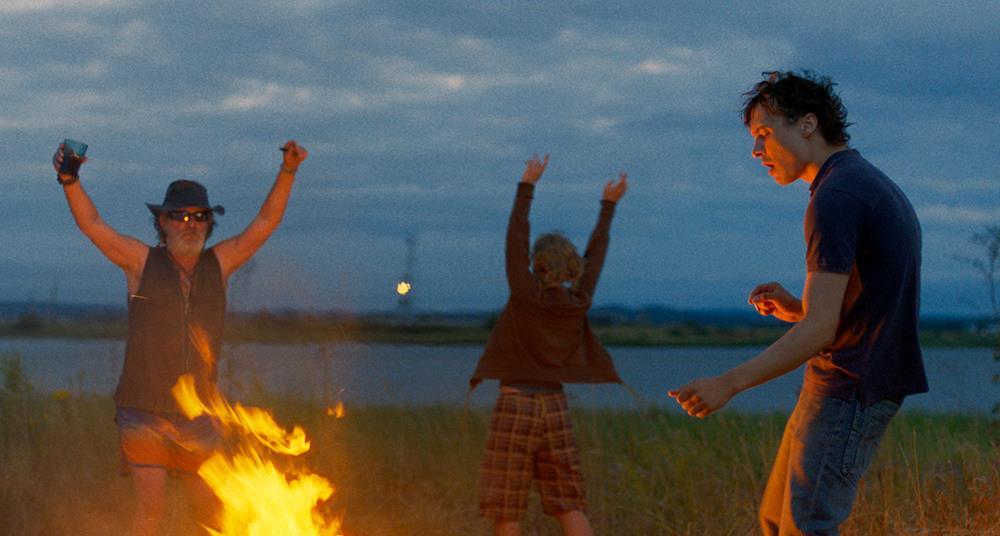Introduction to British and Irish Films in France
French distributors from Britain and Irish filmmakers recently gathered at the Dinard Festival of British & Irish Film Professionals’ rendezvous to discuss the current state of the film industry. Mathieu Robinet, founder of Paris-based distributor Tandem Films, noted that there is a "long tradition of British films in France," particularly in the genres of social realist, comedy, and period drama.
Popular Genres and Films
Robinet pointed to the social realist films of Ken Loach and Mike Leigh, as well as the "huge appetite for comedies" in France. He cited examples of successful films such as Urchin and Molly Manning Walker’s How to have sex, both of which premiered at Cannes. These films have found a place in France, and distributors are eager to see more films like them.
Challenges in Film Distribution
However, distributors also highlighted the challenges of distributing British films in France. The market is unpredictable, and the risk is high. Peysson noted that depending on French TV offerings to make the distribution model work is difficult, particularly since Canal+ is buying fewer titles and is less clear about what it looks like. Expensive talent is also a deterrent for France’s independent traders.
Mid-Budget Films
Mia Bays, director of the BFI Filmmaking Fund, noted that mid-budget films are disappearing. These films are neither arthouse nor fully mainstream and are more expensive to release. Even studios are not taking the risk of issuing them. However, Bays qualified that the expanded Independent Film Tax Credit (IFTC) for films up to £15m or under may unlock a greater number of films and benefit mid-budget films.
Advice for Filmmakers
French distributors also conveyed a message to filmmakers: make it Irish. If a film is structured as a UK co-production, it changes many things and becomes a European film. This is particularly important since the UK cannot access Creative Europe’s support for Irish films post-Brexit.
First-Time Filmmakers
Later in the day, a trio of debut filmmakers from the UK and Ireland discussed the challenges of scaling from a debut to a second film. Daisy-May Hudson, whose narrative debut Lollipop won Dinard’s Talent of the Morning Prize, noted that fatigue and financial strain were major challenges. Joy Gharoro-Akpojotor, who produced Blue Story and Boxing Day, visited Dinard with her directorial debut, Dreamer. She noted that the industry has an illusion that first features can be commercial, but it’s difficult and unfair to give people a chance just to be successful.
The Reality of the Film Industry
Brian Durnin, who directed Played Milk, noted that when it comes to a second feature, it has to be more commercial. This may be a little sad, but it’s the reality of the business. However, commercials can be great. Durnin is now in development with his Played Milk producing partner Laura McNicholas of 925 Productions on a comedy titled The Mount, hoping to shoot next year.

